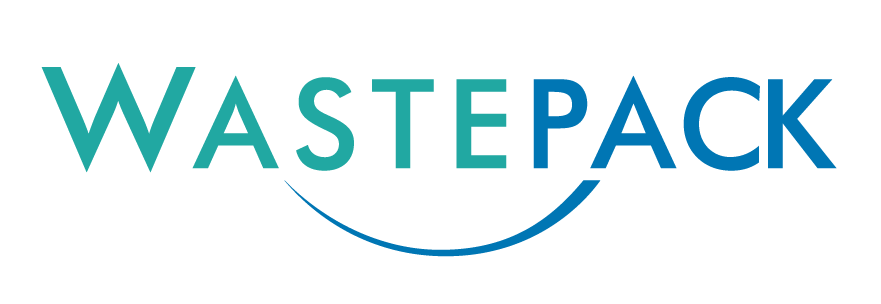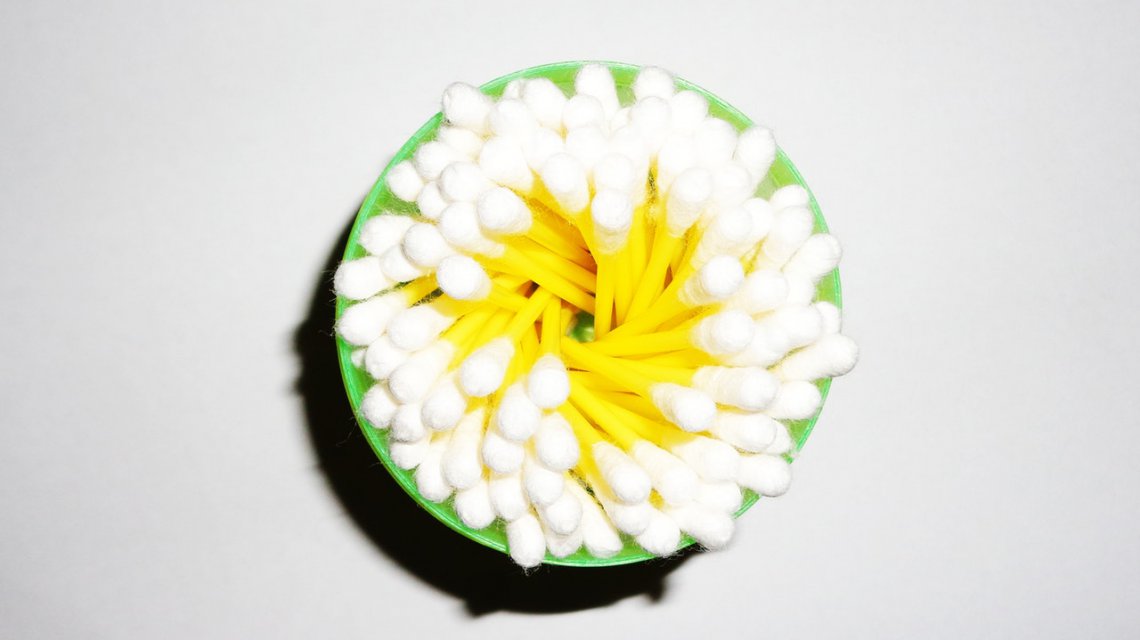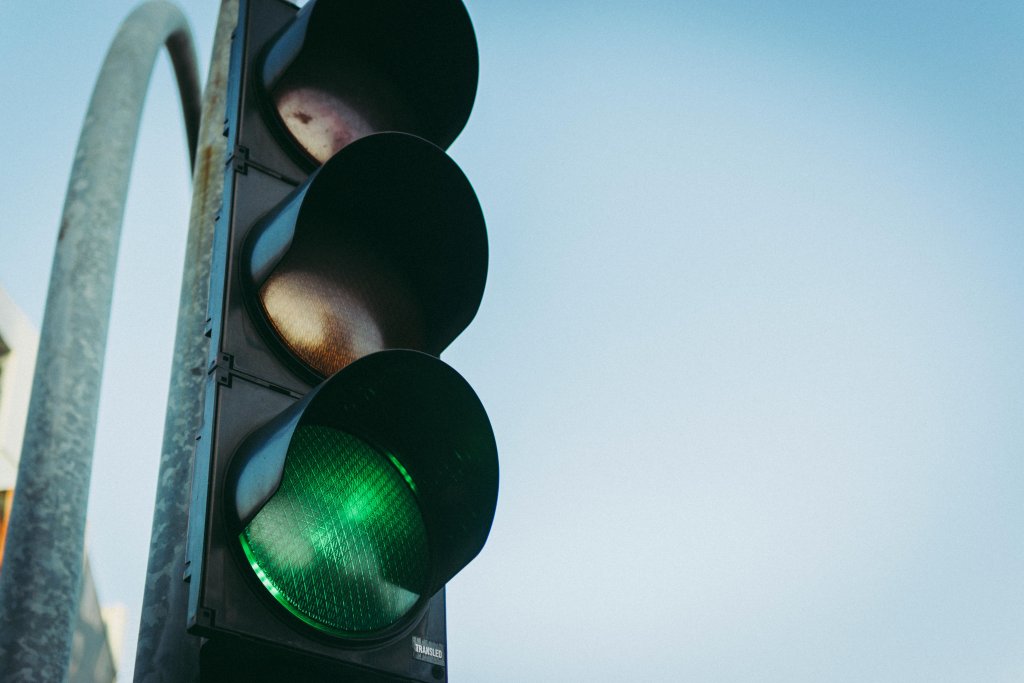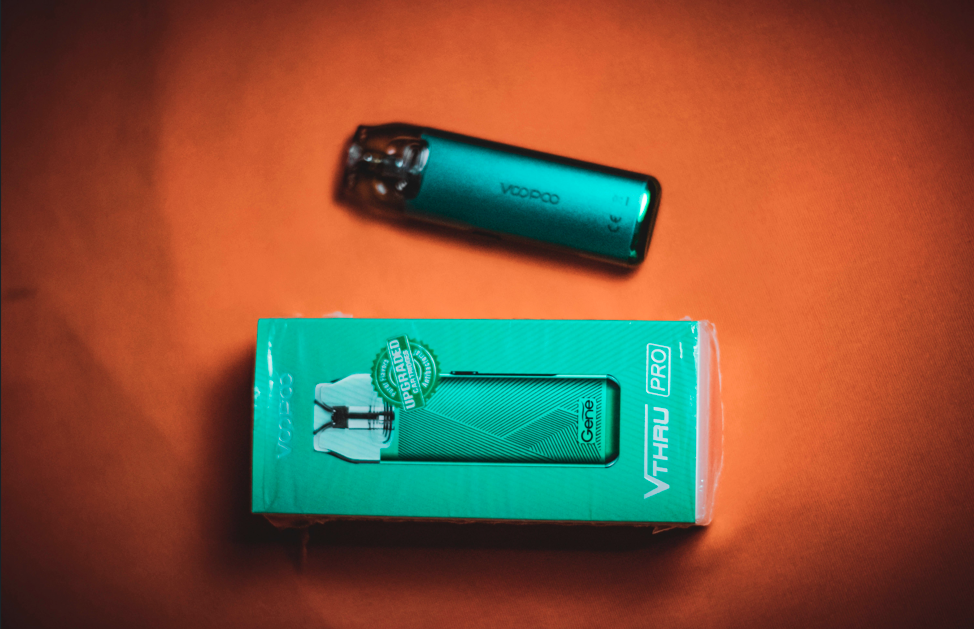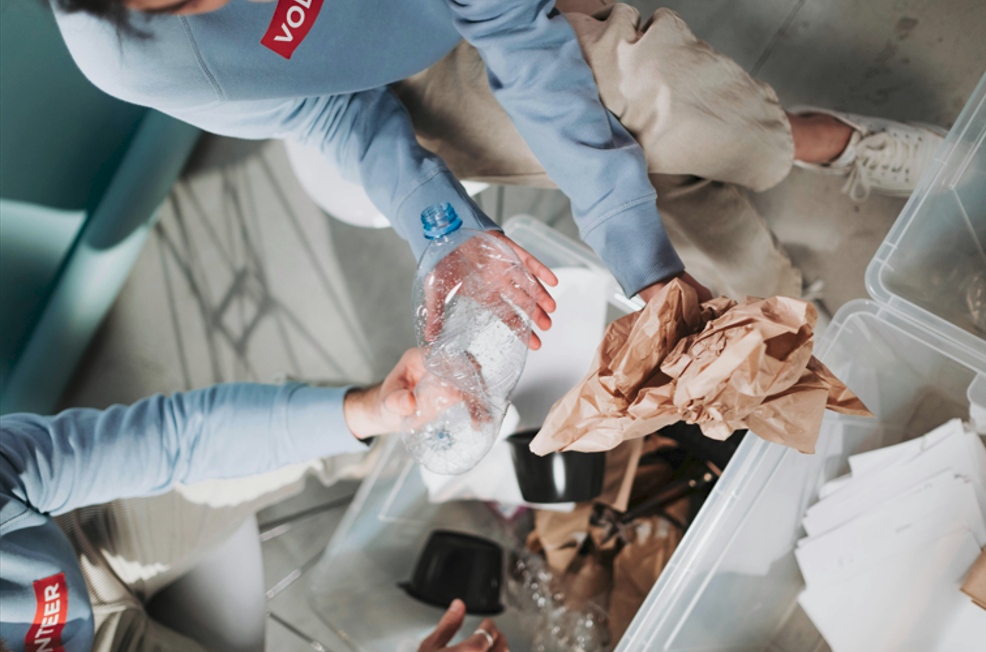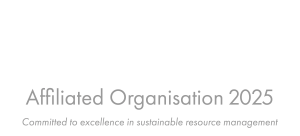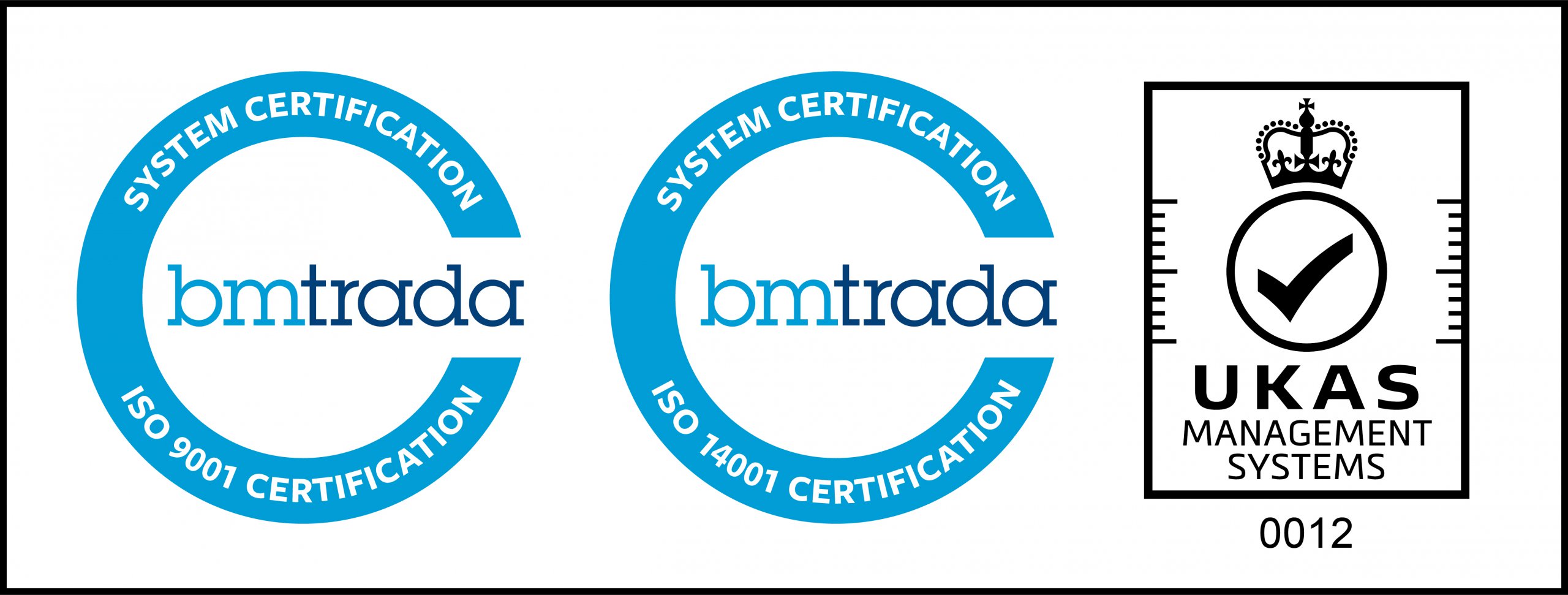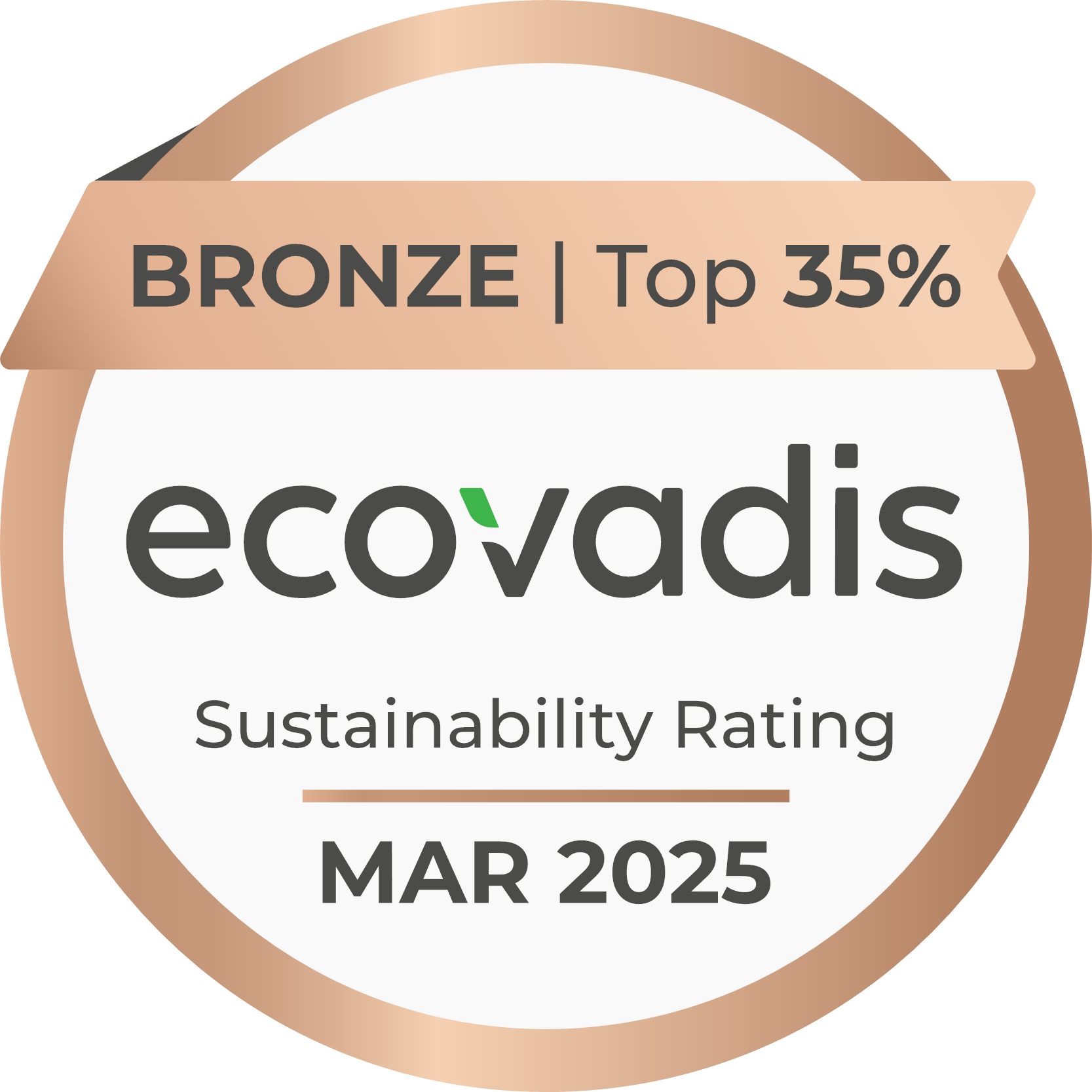WRAP has published an overview of problematic or unnecessary single-use plastics which UK Plastic Pact members are expected to remove from shelf by the end of 2020. There are eight items targeted for elimination and a further nineteen which have been prioritised for action to tackle problems associated with them by 2025.
Peter Maddox, Director WRAP said: “We know that more people than ever are concerned about the impact of plastics. The fundamental way industry can support this public desire is by addressing the issues that lead to plastic packaging being problematic. So for every item of packaging we need to consider whether plastic is the right material choice, or indeed if packaging is required at all. In many cases, plastic may be the best material choice from an environmental perspective. In these cases, we need to ensure that the plastic can be and is recycled. The items listed today are priorities for UK Plastics Pact members, and the onus is on those members to implement changes, urgently.”
WRAP has defined “problematic” and “unnecessary” plastics as items which are: avoidable, or a reusable alternative is available; cannot be recycled, or hampers the recycling process; commonly littered and pollute the environment.
The eight core items that Pact members will eliminate as fast as possible, and by the end of 2020 where possible are:
1. Disposable plastic cutlery – these items are frequently found littered on beaches and can be easily replaced with reusable cutlery and other alternatives manufactured from environmentally sound materials.
2. All polystyrene packaging – polystyrene is not recycled in the UK despite often being used for food takeaway containers and yoghurt pots.
3. Cotton buds with plastic stems – cotton buds are often found during beach clean ups and the plastic can easily be substituted with card or other fibrous materials.
4. Plastic stirrers – in many cases plastic stirrers could be substituted with an alternative material, or even a reusable cutlery can be used.
5. Oxo-degradables that break down creating microplastics – these plastics fragment into microplastics which contribute to plastic pollution and the material is difficult for consumers to identify. Reusable alternatives should be used wherever possible and otherwise consider compostable or recyclable plastics.
6. Plastic straws – in many circumstances these are considered unnecessary and are seldom recycled. Alternative materials can be used instead.
7. Disposable plastic plates and bowls – disposable plastic plates and bowls are designed to be used just once and should be replaced with reusable options.
8. PVC packaging – this type of plastic is not recycled and contaminates plastic which could otherwise be recycled. It is very difficult for consumers to identify and alternative materials should be used.
This approach by WRAP anticipated the UK Government’s ban on straws, drink stirrers and cotton buds, as well as the European Union’s Single Use Plastic Directive which additionally targets expanded (but not all) polystyrene food containers, and single-use cutlery and plates.
The following nineteen single-use plastic items are actively investigated with UK Plastic Pact members for solutions to be developed to address issues and ensure progress is made on this longer list as quickly as possible.
The items/materials are:
1. Plastic bags
2. Plastic film packaging
3. Multi-layer non-recyclable plastics
4. Multi-pack rings for canned drinks
5. Multi-veg/fruit net bags
6. Multi-buy bulk (secondary wrapping)
7. PVC cling film
8. Bottle tops/caps
9. Single-use drinks bottles
10. Non-recyclable coloured plastics
11. Fruit & veg punnets/trays
12. Internal plastic trays
13. Disposable plastic cups
14. Fruit/veg stickers
15. Plastic cup lids
16. Plastic coffee pods
17. Milk and salad dressing jiggers, single serving pots and sachets
18. Tear off tamper evident strips on containers
19. Teabags
